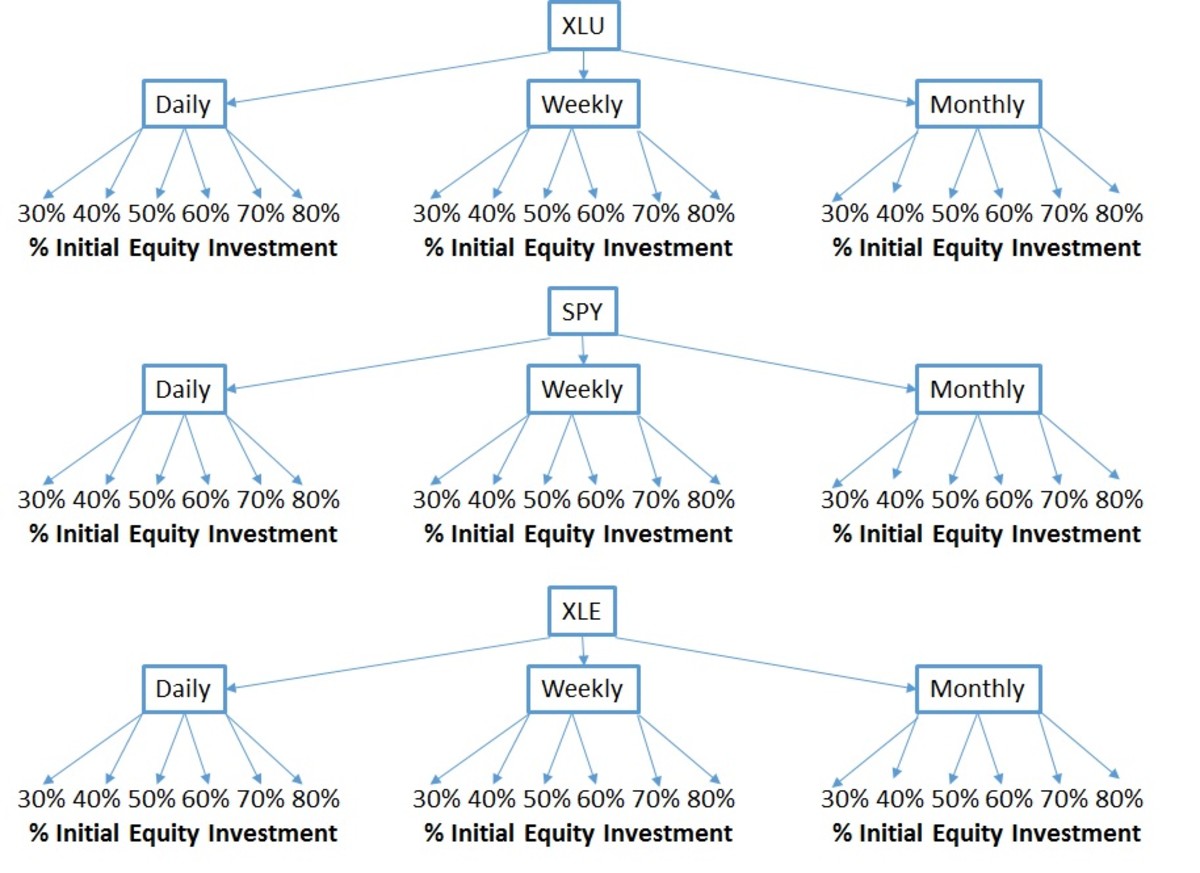Diversified equity funds are ideal for retail mutual fund investors

Mutual funds are the ideal options for retail investors as far as savings and investments are concerned. For retail investors who want to create wealth in the long term, equity funds are the best options because, as per historical evidence, equity as an asset class outperformed other asset classes over a sufficiently long investment horizon. Apart from wealth creation another important investment consideration for retail investors is risk minimization. Diversified equity funds, which invest in a large number of companies across different industry sectors and market capitalization segments, reduce investment risks for investors.
There are two kinds of risks in equity investments - systematic risk and unsystematic risk. Systematic risk, also known as market risk, is intrinsic in all equity assets. This risk is caused by macro-economic factors which individual investors, retail or institutional, cannot control. Hence this risk is known as uncontrollable risk. Mutual fund investors will find the disclaimer, “Mutual Funds are subject to market risk” in all product literatures.
Unsystematic risk is caused by company specific or industry specific factors. This risk is diversifiable by investing in a large number of companies across different industries. In a sufficiently diversified portfolio, unsystematic risks of different stocks in the portfolio cancel out each other and the overall portfolio in aggregate is only subject to systematic risk or market risk.
It takes lesser capital to diversify unsystematic risk (company or industry specific risks) by investing in mutual funds rather than in investing directly in stocks. It takes a considerable amount of capital to achieve sufficient diversification because one has to invest in a large number of stocks. Mutual funds pool monies of different investors and invest the AUM in a portfolio of securities. Investors are allotted units based on their proportional ownership of the AUM at the current price. The pool of money mobilized by a mutual fund scheme is usually large enough to achieve sufficient diversification. A retail investor can enjoy beneficial ownership of a diversified portfolio through a relatively small investment (e.g. Rs 5,000 or even lower in some cases). Hence from the perspectives of risk as well as capital appreciation objectives, diversified equity funds are ideal investment options for retail investors.
Another major advantage of diversified equity funds is the diversification across different market capitalization segments. There are broadly three market capitalization segments. Companies with over Rs 15,000 to 20,000 Crores of market capitalization are classified as large cap companies. Companies with market capitalizations ranging from Rs 5,000 Crores to Rs 15,000 or Rs 20,000 Crores are classified as midcap companies. Companies with market capitalization of below Rs 5,000 Crores are classified as small cap companies. Each of these market capitalization segments has their own risk / returns characteristics.
Large cap companies are perceived as safer (less volatile) investment options compared to small and mid cap companies. The downside risks of large cap companies are limited in bear markets compared to small and midcap companies. As such, these companies should comprise the core portfolio of retail investors. However, the universe of large cap stocks in India is still fairly limited; hence a mutual fund manager’s ability to deliver high alphas (high risk adjusted returns compared to the benchmark) is to an extent restricted in the large cap space.
Midcap and small cap companies, on the other hand, though usually perceived as being more risky than large cap companies, can give superior capital appreciation for investors. These companies are relatively, less well know, tend to be under-researched and hence, quality midcap and small cap stocks can be available more often than large cap stocks at a valuation discount, or in other words, investors can buy them at a cheap price. Historical data shows that, high quality midcap stocks, over a sufficiently long investment horizon can deliver superior returns, compared to a large cap stock.
Diversified equity funds, which invest across market capitalization segments and industry sectors, can have 45 – 75% of their portfolio invested in large cap funds and the balance in small and mid cap funds. Different segments of the market outperform each other in different market cycles. For example large cap companies outperform midcap companies in bear market conditions and in the initial phase of the bull market. During bull market rallies, the valuations (P/E multiples) of large cap stocks can run up fast and the valuations can look stretched, making the investors wary. Midcap companies start outperforming large cap companies in the mid and end phases of the bull market cycle. Diversified funds have both large cap and midcap companies in their portfolio, and therefore have the potential to deliver good performance on a more consistent basis.
While in bull markets small and midcap stocks rally, in bear markets they suffer sharp declines and liquidity issues. Consequently, purely small and midcap funds can face liquidity constraints when redemption pressure increases in bear markets. Diversified equity funds on the other hand do not face liquidity problems, since large cap stocks comprise a substantial portion of their portfolio.
Conclusion
In this article, we have discussed that the diversified equity funds which invests across market capitalizations and sectors are ideal for retail investors. As such these funds should form a substantial part of an investor’s mutual fund portfolio.








